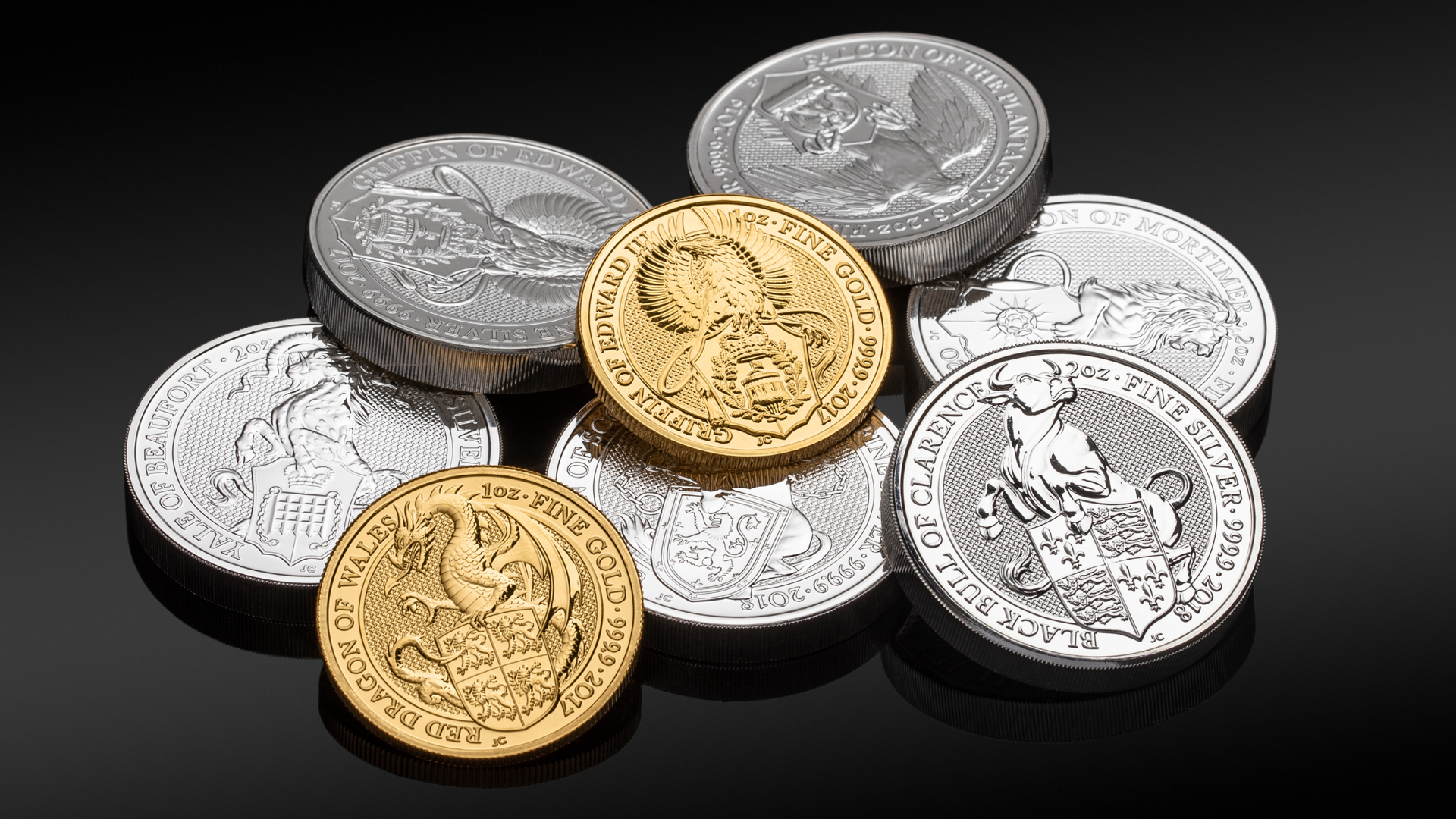Art without commerce is a hobby. This article defines the subjectivity surrounding an activity’s description as a hobby or a side hustle. Some may like to cook, paint, teach, and dance. One may even make imitation jewelry and sell it in a flea market for fun, go fishing after five years and sell their catch, or collect coins and sell it to the highest bidder. If you look carefully, all three scenarios tell you the reason for their actions.
Some actions are for fun, like selling imitation jewelry or fish caught on a fishing trip, where the intent is not to make a profit or recover costs. However, selling a coin collection intends to make a profit as you are waiting for the highest bidder. But is this enough?
Hobby or Business: How Will the CRA Determine?
Actions speak louder than words. The Canada Revenue Agency (CRA) doesn’t just believe the words but looks at your actions to differentiate hobby from side hustle.
You may pursue an activity as a personal endeavour and make money from it. But if the activity was pursued to make a profit and how it was carried out showed business-like behaviour, then it will be considered a side hustle. The CRA will look at the following four things to conclude that the activity is a side hustle:
- You engage in an activity with reasonable expectations to make a profit.
- You consistently grow your activity and profits by marketing your services regularly or seeking clients.
- You have detailed records of your expenses and income, a business plan, or a budget.
- You invest significant time, money, or other resources in the activity.
If the activity fits the above four parameters, the CRA has a reason to call it a side hustle and not a hobby. Going back to our previous examples, if the person selling imitation jewelry makes an effort to contact buyers and market his jewelry by posting ads, writing articles, and posting pictures of the jewelry, he is making consistent efforts to make a profit and investing time and money to make the sale a success. The CRA could consider that as a side hustle for tax purposes. This part is subjective, and talking to a tax professional is better.
Once it is clear it is a side hustle, the taxpayer has to define whether that income is from business or property.
Tax Treatment of Hobby and Side Hustle
Why is it crucial to determine whether it is a hobby or a side hustle? Because the tax treatment for that activity changes. Selling imitation jewelry just because you made too many of them with no intent to profit is a hobby. You don’t need to report this income to the CRA as it is not considered business income and hence not taxable. As it is not a business, you cannot deduct the expense incurred to make the jewelry.
However, suppose imitation jewelry selling is considered a side hustle because you adopted a business-like approach to sell the jewelry for a profit. In that case, you have to report that income as taxable business income. If you sell it online, you can deduct the expenses incurred to make and market the jewelry, such as material costs, marketing, and any platform fee.
Income from Property
A similar confusion occurs when you earn money from selling personal property like coin collection. You can test the transaction on the above four parameters to determine if the sale had a business-like approach. Also, if you sell your personal-use property for more than $1,000 per sale, any gain from the sale may be subject to capital gain tax.
In the case of capital gain, you can deduct the expense incurred to sell the property before calculating the gain. You include only 66% of the capital gain in taxable income, unlike the complete profit in the case of business income.
There is ambiguity around the side hustle and hobby, and a professional tax consultant can shed some light on how to account for that income. Even if the income is just a few hundred dollars, it is essential to define the category carefully.
Suppose you did not report an income because you considered it a hobby. However, the CRA has reasonable grounds to see it as a side hustle. In such a scenario, it could become non-disclosure of income and attract a penalty.
Contact Edelkoort Smethurst CPAs LLP in Burlington to Help You File Your Taxes Correctly
Talk to a professional accountant to help you report all your income correctly. At Edelkoort Smethurst CPAs LLP, our accountants and tax consultants can provide services such as filing taxes. To learn more about how Edelkoort Smethurst CPAs LLP can provide you with the best accounting and taxation expertise, contact us online or by telephone at 905-517-2297.

